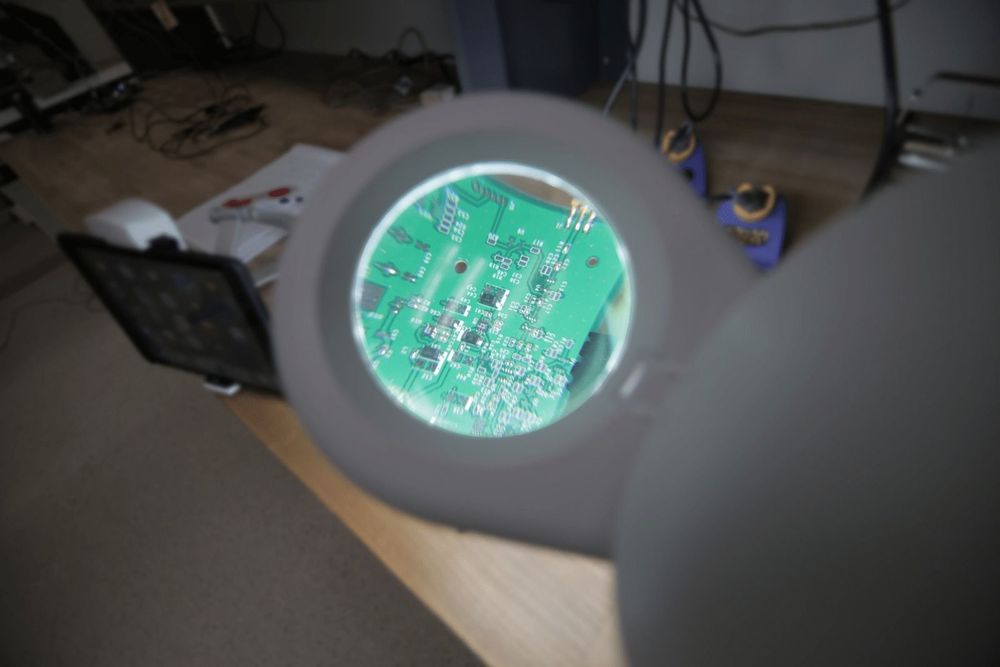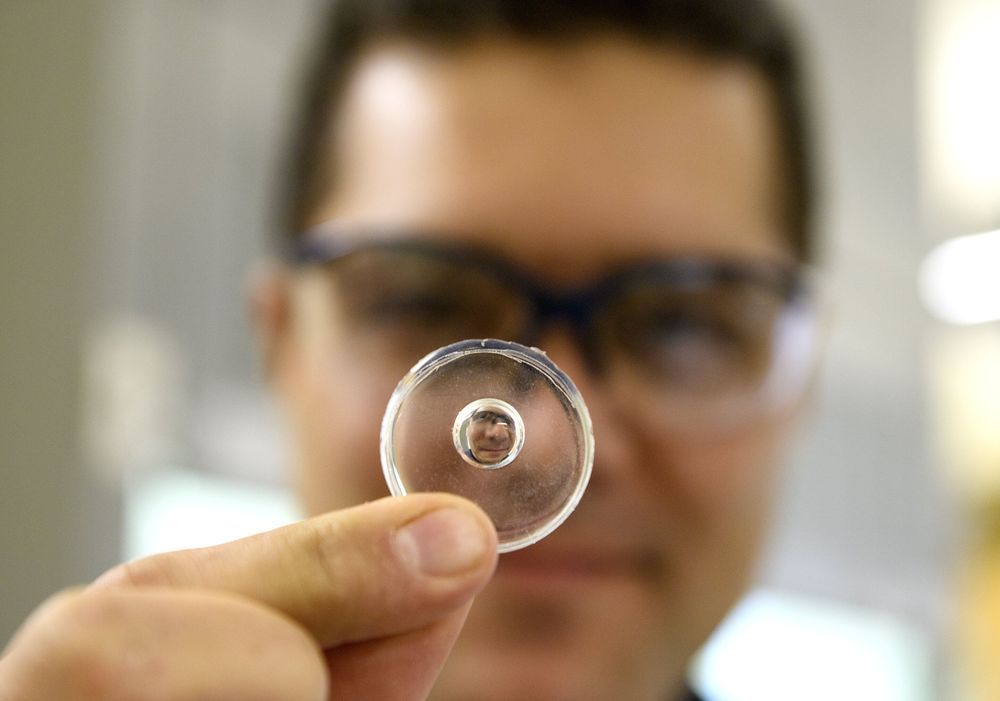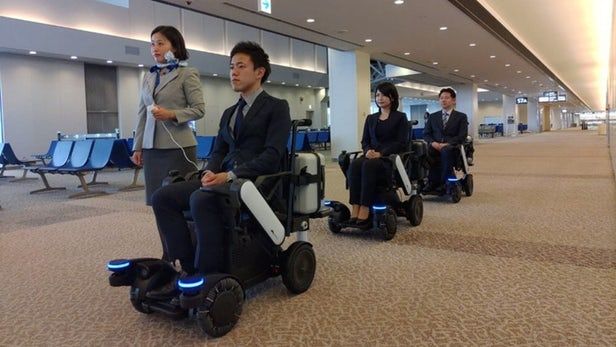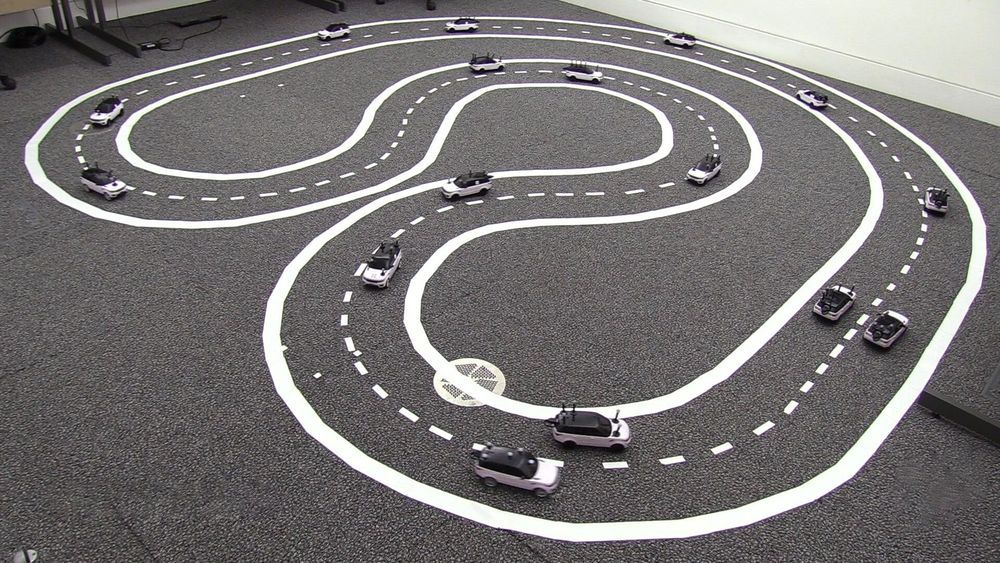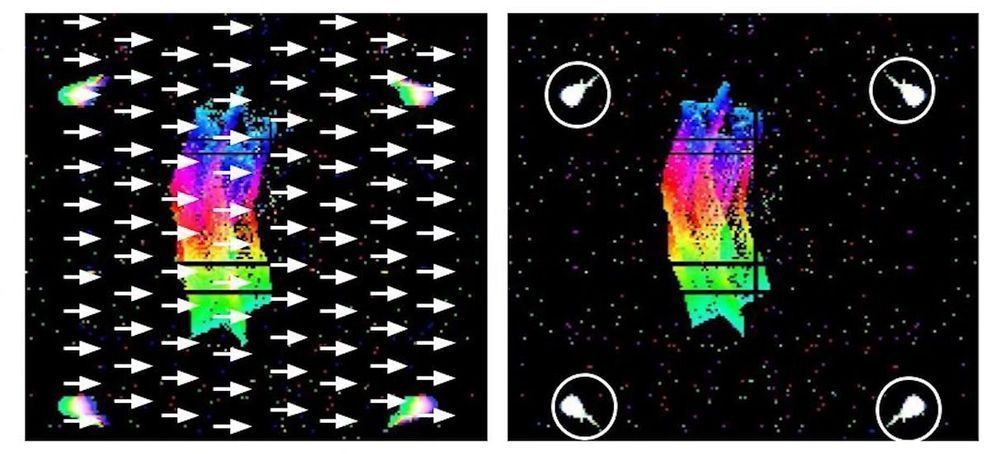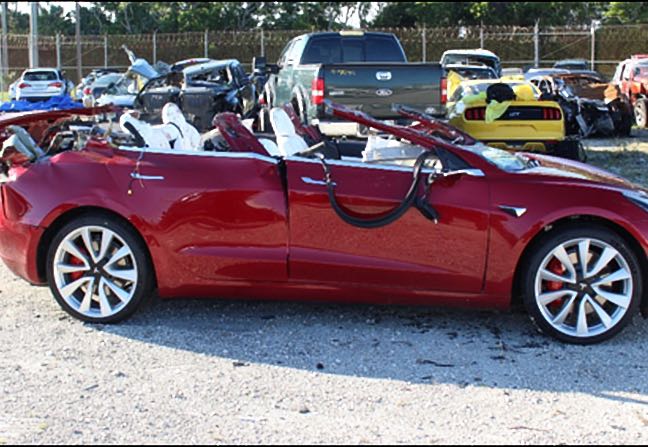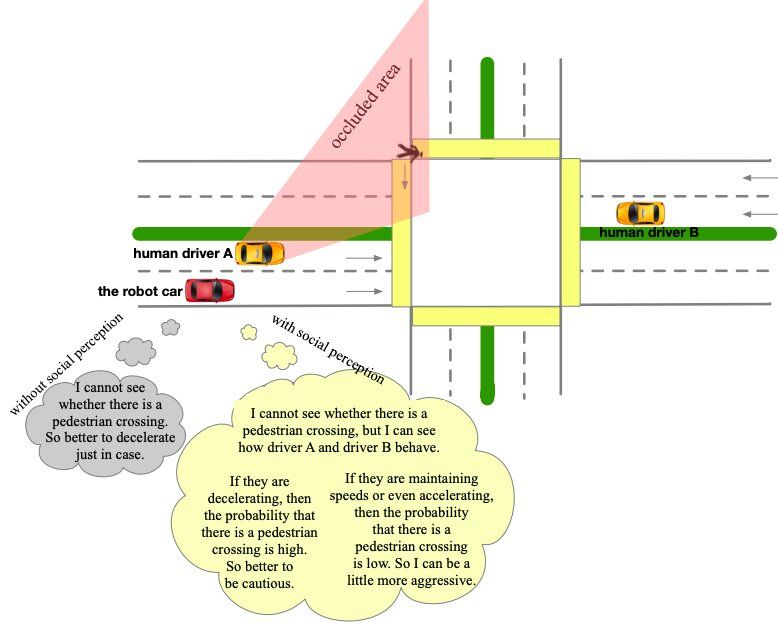The idea of “liquid silicon” conjures images from a Terminator film. Fittingly, it is a nascent ’80s computing concept brought to life with modern fabrication techniques, with the potential to alter the course of the future for computer hardware.
“Liquid Si,” with its delicate layers of mono-crystalline silicon and stacked transistors, have real-world implications in the post-Moore semiconductor landscape.
Building unified computer hardware that incorporates system memory, I/O logic, and disk storage into the same module represents a long-standing goal for microchip architects, and attainment is closer now than ever. Using a process called monolithic 3D integration, modern fabrication machines can execute chip designs with silicon and semiconductor circuitry layered on the bottom, solid-state memory arrays on top, and a dense metal-to-metal bus sandwiched in between.
